Profile: Fuad Shukr, a top Hezbollah commander assassinated by Israel in Beirut
By Alireza Akbari
A top-ranking Hezbollah military commander, Fuad Shukr was assassinated in an Israeli airstrike on Tuesday in the suburbs of southern Beirut amid heightened tensions.
The airstrike targeted a building in a congested neighborhood of Haret Hreik. His martyrdom was confirmed by the Lebanese resistance movement on Wednesday after sifting through the rubble.
According to reports, the strike was carried out by a drone carrying at least three rockets, which struck an apartment building near a hospital in the neighborhood known as a stronghold of Hezbollah.
The Israeli strike was condemned, among others, by UN Secretary-General António Guterres, who said the attack represents “a dangerous escalation at a moment in which all efforts should instead be leading to a ceasefire in Gaza,” his spokesperson quoted him as saying.
At least three people, including two children, were killed and around 74 others were injured in the attack. An Iranian military advisor, Milad Bidi, was among the victims.
Shukr was a high-value target for the Israeli occupation regime and its Western allies. In 2019, the US government offered a $5 million reward for information leading to his capture.
When the strike occurred on Tuesday, Shukr was in the Haret Hreik district of Dahiya, a suburb in southern Beirut.
In the aftermath of the deadly attack, Ali Ammar, a Lebanese politician from Hezbollah, told Al-Manar TV that the Israeli enemy had committed a “great stupid act in size, timing, and circumstances by targeting an entirely civilian area.”
In its statement, Hezbollah hailed the slain military commander as "a distinctive force for resistance."
Hamas: Hezbollah cmdr. assassination won’t deter resistance from confronting Israel https://t.co/4ZmnVJBrIJ
— Press TV 🔻 (@PressTV) August 1, 2024
Shukr’s sacrifices, the statement noted, “stand as a powerful symbol of our unwavering commitment and resolve to continue on our righteous path until the liberation of our land and holy sites.”
Born on April 25, 1961, in Nabatieh in Baalbek, eastern Lebanon, Shukr was also known by the alias "al-Hajj Mohsen." He was one of the top-ranking military strategists of Hezbollah.
Shukr had the distinction of being among the founders of Hezbollah after an Israeli invasion of Lebanon in 1982 and served as a military advisor to the movement leader Sayyed Hassan Nasrallah.
He was also a close friend of Hezbollah's former military commander Imad Mughniyeh, who was assassinated by the Israeli military in February 2008 in Syria.
The slain commander played a key role on the battlefield during the Israeli invasion of Lebanon in the early 1980s and was wounded in clashes with the regime forces in Khalde in 1982.
He rose through the ranks to become Hezbollah's first central military commander, overseeing the planning and execution of operations against Israeli occupation forces through the 1990s.
His influence extended beyond Lebanon as he organized the deployment of Hezbollah fighters to support Bosnian Muslims during the 1992-1995 war.
.@Mariampresstv, Press TV's correspondent, reports that the Israeli attack in the southern part of Beirut has resulted in the deaths of two individuals and left 17 to 20 others wounded. She also notes that the attempt to assassinate Hezbollah's top commander was unsuccessful. pic.twitter.com/uxoAS8LS2y
— Press TV 🔻 (@PressTV) July 30, 2024
Shukr continued to be a key figure within the Hezbollah resistance movement, developing military strategies to counter both Israeli and Takfiri terrorist threats.
He served on the group's central leadership council and led the movement’s operations against the apartheid regime in the aftermath of the Operation Al-Aqsa Storm in October 2023.
Israeli regime falsely tied him to the Saturday strike in the occupied Golan Heights, in which 12 children were killed. Hezbollah had, however, already denied any responsibility for the attack.
Shukr’s martyrdom came only a day before the illegitimate Zionist regime killed Hamas political bureau head Ismail Haniyeh in an attack targeting his residence in north Tehran.
Resistance forces in the region have vowed to avenge the blood of both high-profile commanders.
Pakistani town erupts in protest after terrorists kill scores of Shia Muslims
US senator threatens ICC with military action over Netanyahu sentence
Iran: ICC indictment of Netanyahu should have included 'genocide'
VIDEO | IAEA anti-Iran resolution
Iran urges pope to help end Israeli onslaught in Gaza
VIDEO | ICC's warrant against Netanyahu
VIDEO | Dispute over 'self-defense' clause
Israel destroys 8-story residential building in missile strike in Beirut


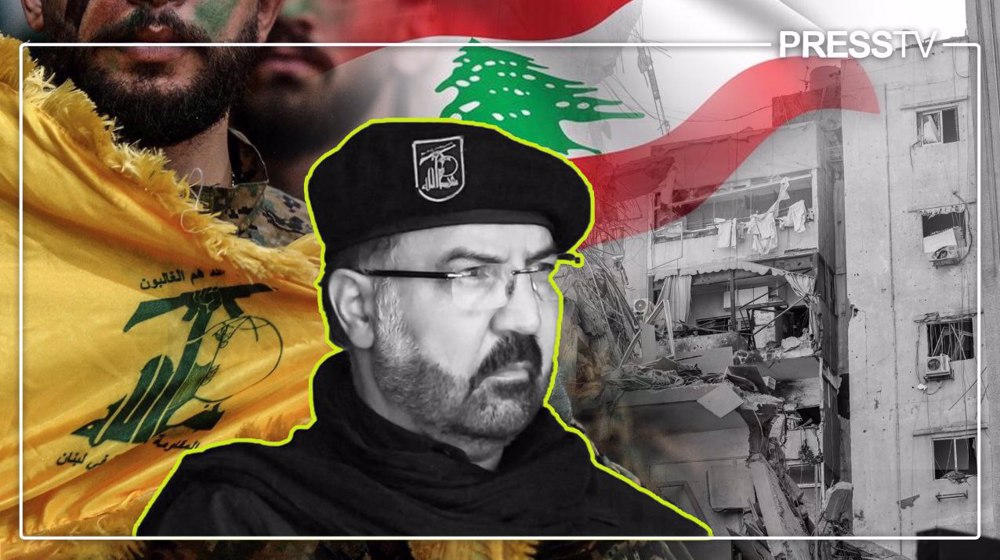
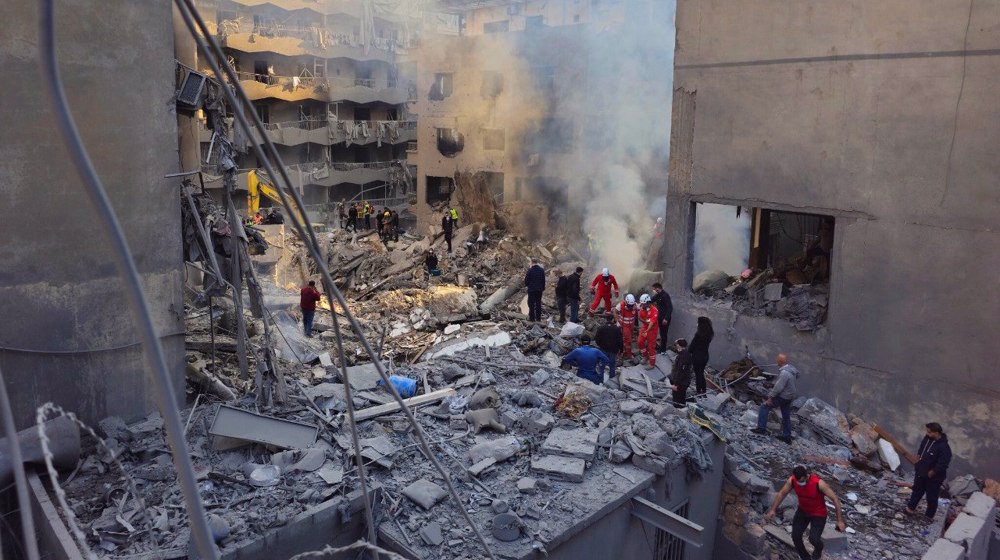

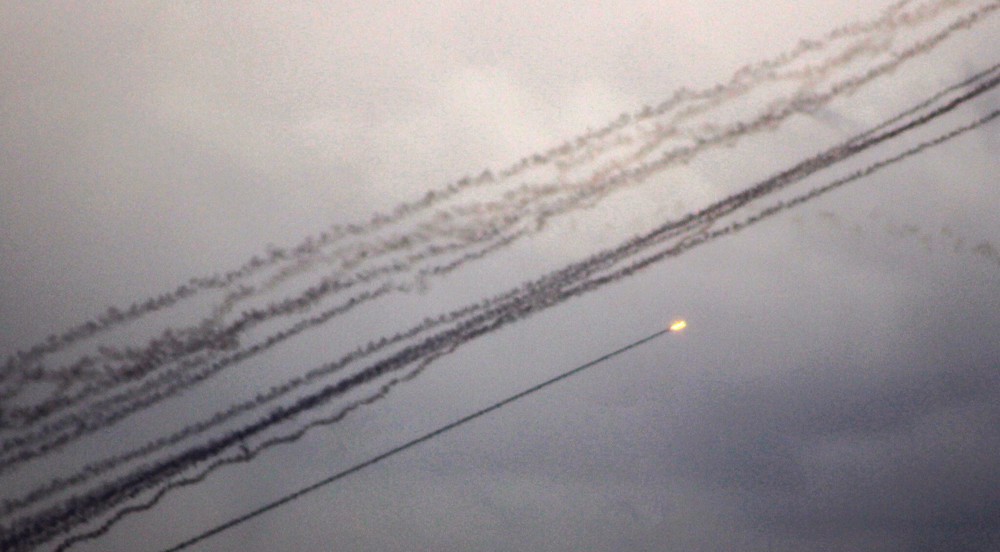



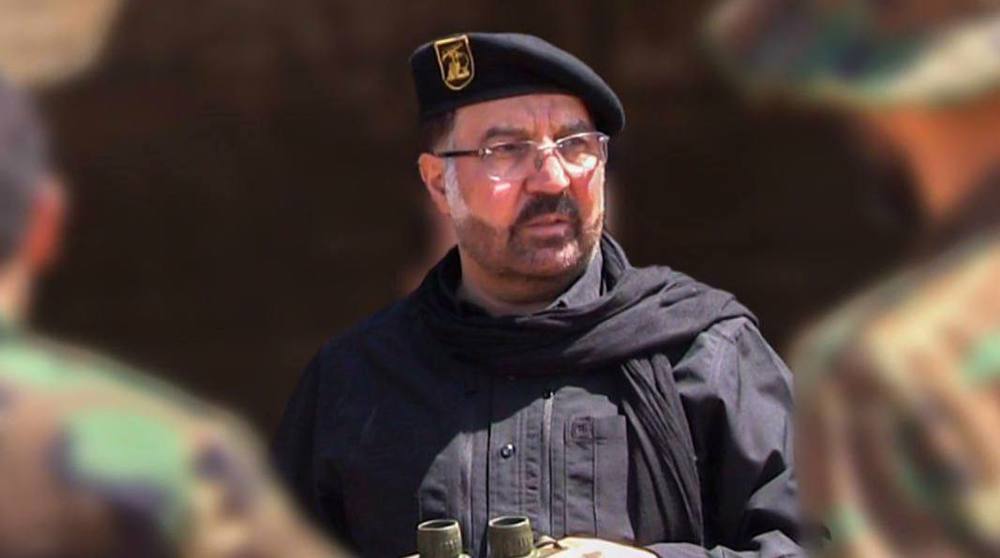
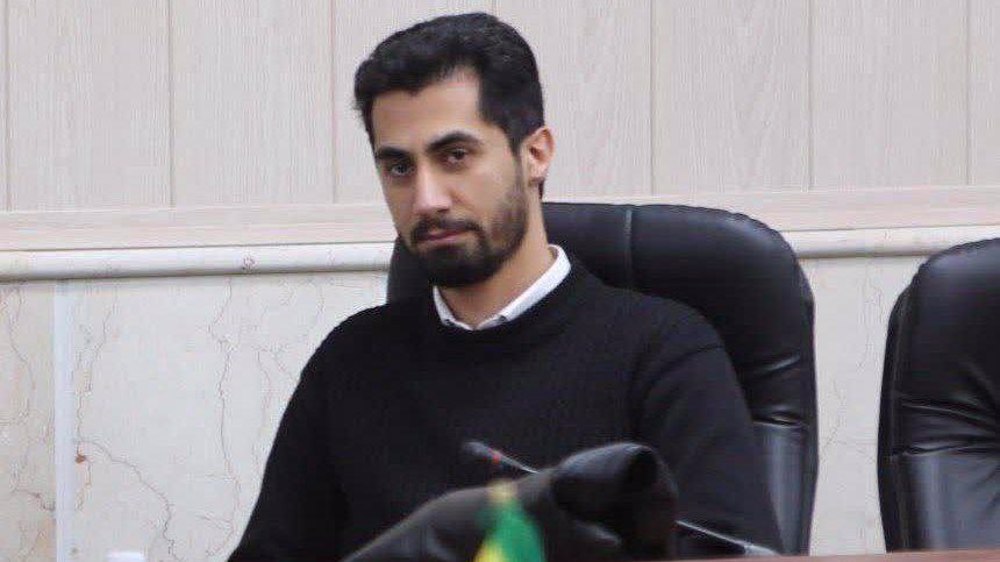
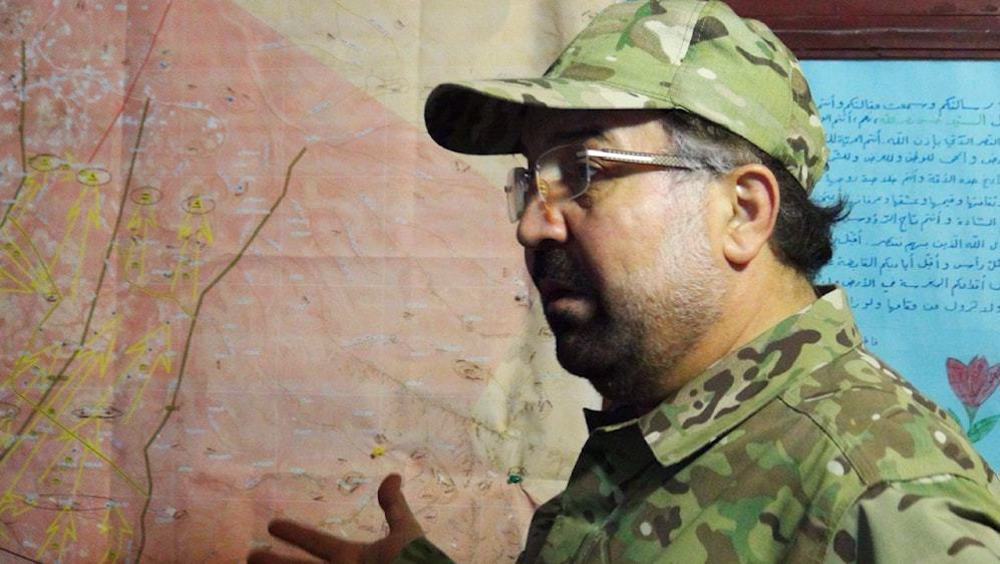
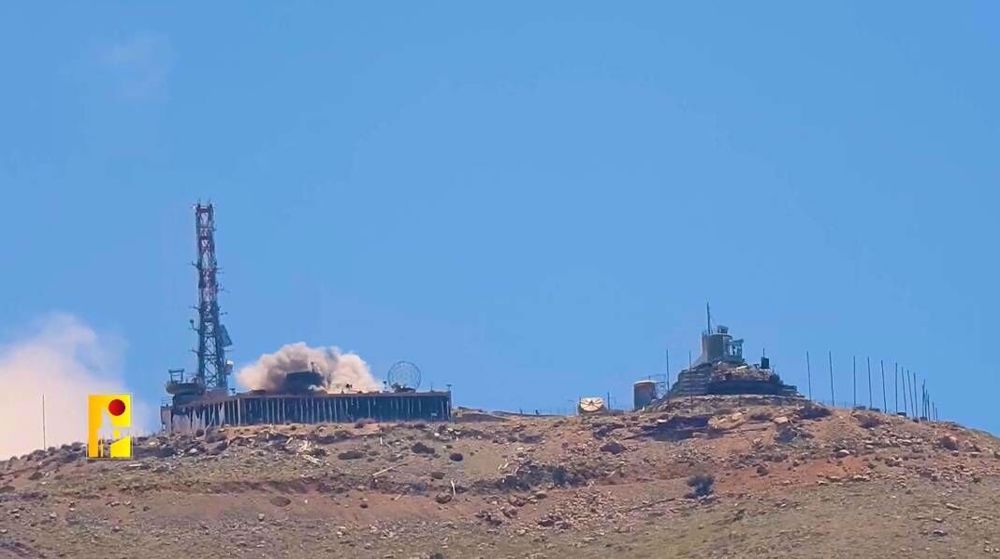
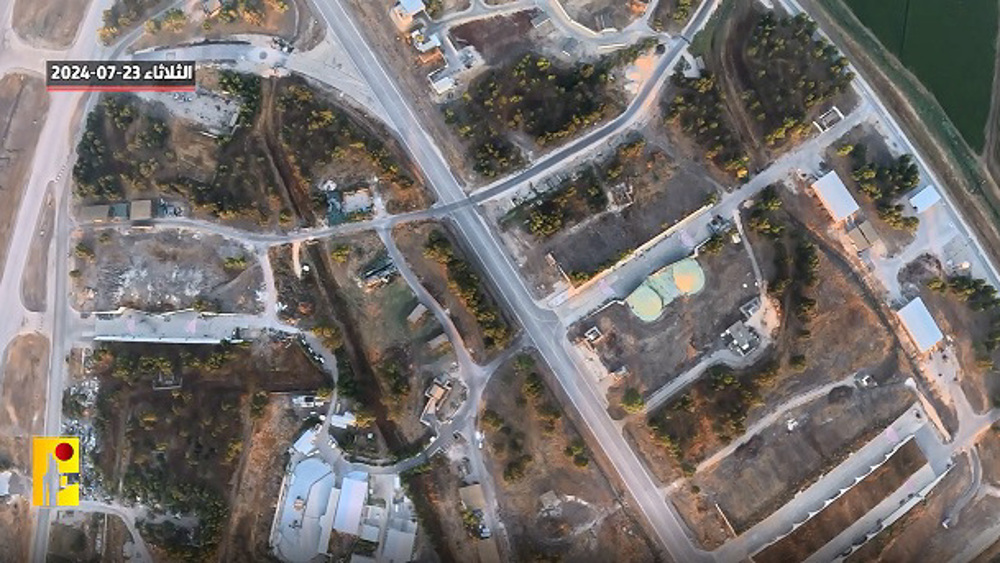

 This makes it easy to access the Press TV website
This makes it easy to access the Press TV website